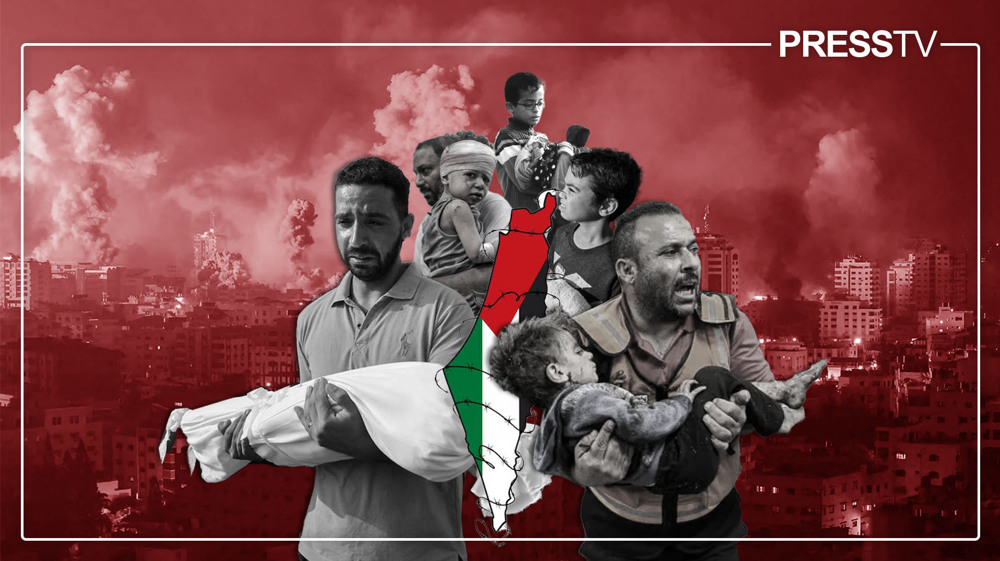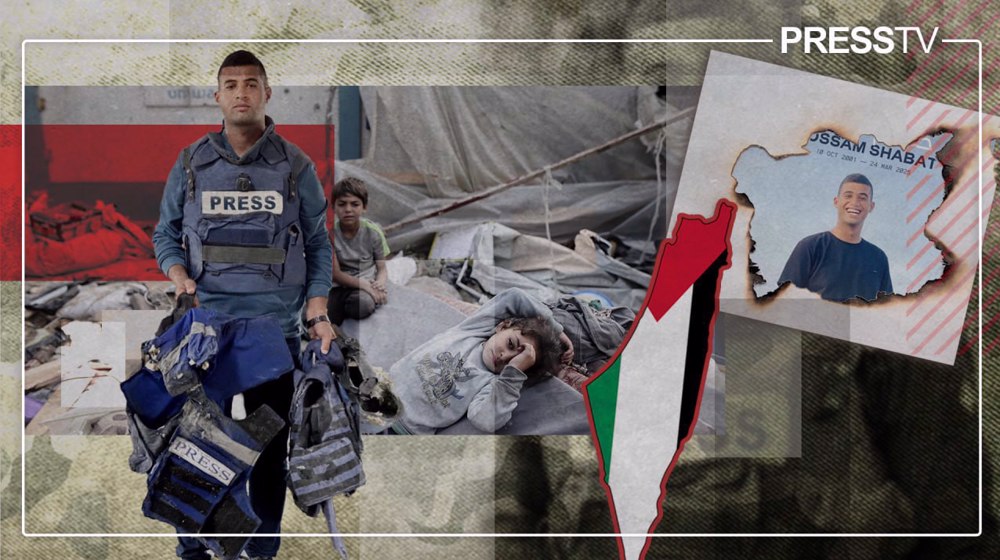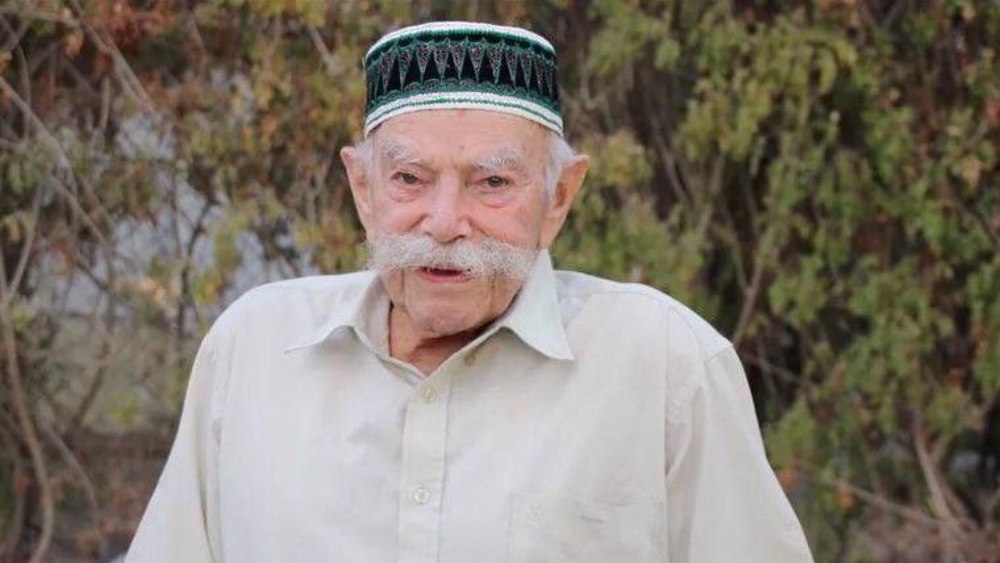‘Butcher of Tantura’, who bragged about murdering Palestinians, dies
By Syed Zafar Mehdi
The ‘Butcher of Tantura’, who often bragged about murdering unarmed Palestinians after invading their small hamlet on the Mediterranean coast in the summer of 1948, is dead. He was 96.
Amitzur Cohen was groomed as part of the Zionist terrorist group Lehi and went on to carry out some of the most horrendous crimes against humanity, including the Tantura massacre.
After the illegitimate Zionist entity came into existence in May 1948 as part of the British project to colonize Palestine, hundreds of Palestinian villages and cities were ethnically cleansed and destroyed.
On the intervening night of May 22-23, the Palestinian coastal village of Tantura with a population of around 1,500 was among the last to be ambushed and occupied by the Israeli army’s Alexandroni Brigade, leaving behind a trail of death and destruction.
In his book ‘The birth of the Palestinian refugee problem’, historian Benny Morris writes that the occupying regime forces took the decision to “expel or subdue” native Palestinians in Tantura.
A communique issued by the Israeli military a day after the Tantura massacre brazenly boasted that “hundreds of Arabs and a large quantity of booty fell into our hands”.
As per activists and researchers, more than 200 Palestinians were killed and buried in a mass grave measuring 115 x 13 feet following the carnage carried out by the Zionist terrorist group.
Last year, Israeli media reported the discovery of a mass grave in the village, which prompted calls from Palestinian groups for an international commission to probe the series of massacres that followed the forcible expulsion of at least 750,000 Palestinians from their homeland, known popularly as the Nakba, or catastrophe.
An explosive documentary film by Alon Schwarz titled ‘Tantura’, which premiered late last year at the Sundance festival in the US, documented in detail the horrifying details of the colossal tragedy.
One of the vilest testimonies in Schwarz’s film was that of Cohen, the Zionist mass murderer who boastfully spoke about his first months as the Israeli regime soldier and how he killed for sport.
“I do not remember the number of Arabs I killed in 1948. I never counted the number, because I was a murderer, and I did not take any prisoners,” Cohen admitted, bursting into peals of laughter.
“I didn’t count. I had a machine gun with 250 bullets. I can’t say how many,” he said on being asked how many Arab Palestinians he remembered murdering in the events of May 1948.
Cohen eerily and unapologetically acknowledged that if a group of Arabs was standing in front of him, with their hands raised in a show of surrender, he would still shoot them dead.
The testimonies in the documentary film, including that of Cohen, were collected by Teddy Katz, who interviewed 135 people and collected 140 hours as part of his thesis at the University of Haifa in the late 1990s. Katz was later harassed by the Israeli regime for letting skeletons out of the closet.
Cohen, who was a member of the Zionist terrorist group Lehi that eventually took the shape of Israeli military force, had earned notoriety for carrying out complex terrorist operations, including derailing passenger trains and planting landmines on the tracks, as mentioned on the Lehi website.
“Amitzur took part in Lehi operations, such as derailing trains by laying mines on the tracks and blowing up the large railway bridge by Hotel HaCarmel,” the website states, referring to the railway line that linked the coastal Palestinian city of Haifa and Cairo at the time.
According to a report, Cohen joined the Lehi group “to resist and exterminate the Arabs in 1946” although his father and brother were members of the armed Zionist “Haganah” gangs.
“I was looking for work when I was captured by the Zionist underground ideology,” he was quoted as saying in the report. “I was ready for that, to kill without worrying (for consequences).”
On Saturday, the “butcher of Tantura” died at the age of 96 in the Binyamina settlement that he founded in 1922, named after French banker and supporter of Zionism, Benjamin de Rothschild.
Syed Zafar Mehdi is a Tehran-based journalist, political commentator and author. He has reported for more than 13 years from India, Afghanistan, Kashmir and West Asia for leading publications worldwide.
(The views expressed in this piece do not necessarily reflect those of Press TV.)

Lost childhood: In Gaza, a child is killed by Israel using US arms every 45 mts

Hossam Shabat, 23-year-old Gaza journalist silenced for telling untold stories of genocide

Explainer: Trump doubles down on bid to grab Greenland – what’s really behind it?
Saudi police ‘detain’ female pilgrim for displaying Palestinian flag in Mecca
Israel orders 15-day ban on Ibrahimi Mosque director in al-Khalil
More intl. students face deportation amid Trump's crackdown on pro-Palestine activism
Trump's tariffs hitting EU exports to US
Israel mounts deadly attacks on Gaza in defiance of calls to resume truce
VIDEO | Life in Gaza before and after October 7
VIDEO | American warplanes strike Yemen around 30 times in less than a day
Palestinian reporter dies from burns sustained in Israeli strike on journalist tent in Gaza







 This makes it easy to access the Press TV website
This makes it easy to access the Press TV website